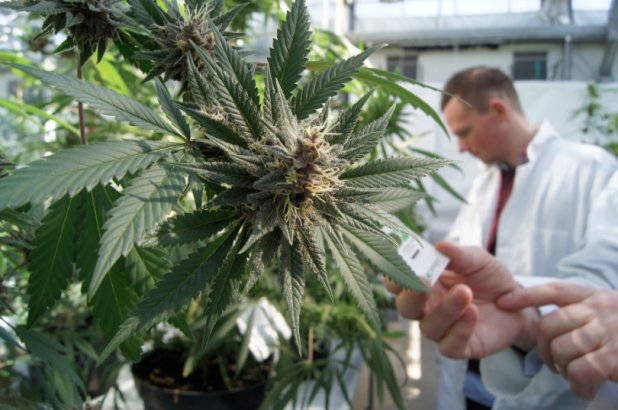 To grow crops in mass production and prevention from pests, the product of choice in farming nowadays are of course, drum roll please.. pesticides!
To grow crops in mass production and prevention from pests, the product of choice in farming nowadays are of course, drum roll please.. pesticides!
Pesticides and insecticides are used to prevent pests and insects from infesting the crops. But unintentionally, the chemicals they contain get into the plants making these crops hazardous for human consumption. Imagine putting in chemicals used to kill parasites if not injure them and you are taking them in your body. It doesn’t sound appealing does it?
The U.S. Environmental Protection Agency (EPA) denied an emergency application to use a hazardous pesticide on 3 million acres of Texas cotton fields, after groups representing environmental, public health, and organic farm interests urged the agency to reject the request based on environmental effects and the predictable nature of the weed resistance to currently used chemicals. Despite finding that the application met the urgent and non-routine emergency criteria, EPA cited aggregate exposure through drinking water and other risk assessment concerns as the reason for the denial. “While we disagree with the EPA that this meets any of the criteria for emergency exemption, we applaud the EPA for putting the health of people and the environment first and upholding the health and environmental standards under the law,” says Jay Feldman, executive director of Beyond Pesticides, which filed comments opposing emergency status for propazine use.
Triazine is a class of chemicals to which propazine belongs with. The connection between developmental and reproductive toxicity and propazine has been known. Highly soluble in water, triazines are the most commonly discovered pesticides found at intensities at or above one or more benchmarks in over half of sites used.
If propazine is to be used on over 3 million acres of cotton in Texas, then the state will have increased transfer and advancement of this chemical into the waterways and will frighten citizens on their water consumption.
“This is not an emergency because the weed resistance is predictable since it has been known for many years that GMO cotton sprayed with glyphosate would create resistant superweeds,” notes Mr. Feldman. “It is an abuse of the law to prop up failed GMO cropping systems with toxic chemicals when viable alternatives, like organic growing methods, exist.”
Glyphosate-resistant weeds, like Palmer amaranth, have ballooned in recent years due to the expansion of Roundup® Ready crops, including soybeans, corn, and cotton. Increased selection pressure from widespread use and reliance on glyphosate and the simultaneous reductions in the use of sustainable weed management practices have resulted in glyphosate-resistant weeds—a now common and predictable issue facing agriculture across the United States. Beyond Pesticides opposes efforts to perpetuate a failed and dangerous chemically-reliant agricultural system.
GMO’s, propazine, glyphosate – these are what is popular in the farming industry today. Producing crops using these methods results in mass production to what farmers and businessmen are up to. But will more foods laden with these chemicals keep us from getting ill?
Please read the rest of article at Naturalblaze.com





Leave a Reply